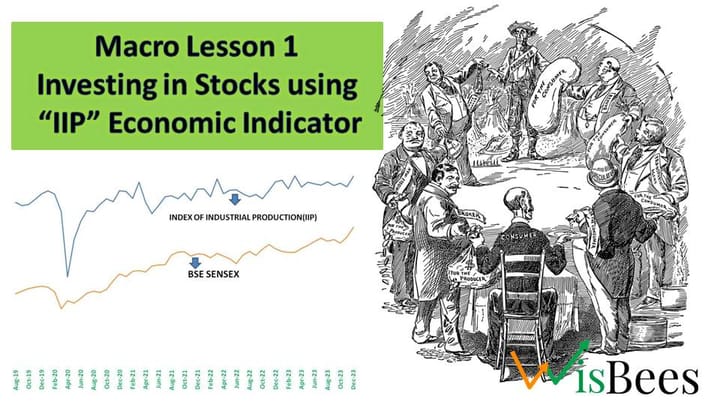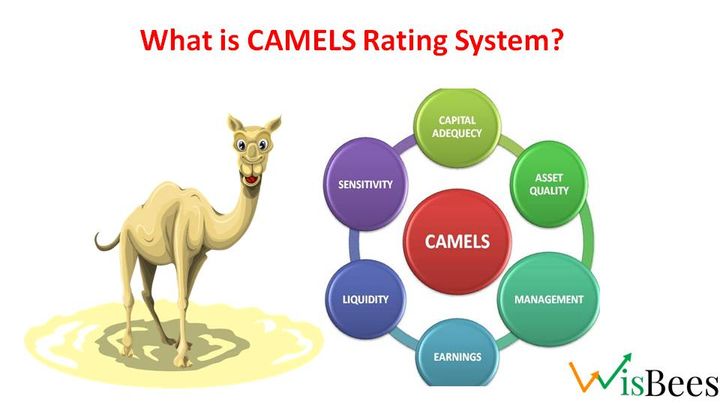Cost of Capital

The Cost of Capital is the cost of obtaining funding for a business, either through debt or equity. It is the minimum return that a business must earn on an investment in order to make it worthwhile for the investors.
For debt funding, the cost of capital is the interest rate on the loan. For equity funding, the cost of capital is the required return on the stock, which is influenced by the level of risk associated with the company.
The cost of capital is used by businesses to determine the minimum return that must be earned on new projects or investments in order for them to be profitable.
It is also used by businesses to set prices for goods and services, as well as to make decisions about expansion and growth. It should be noted that the cost of capital is not a fixed number, but rather it can vary depending on the source of financing and the conditions of the market.
The cost of the funds used to finance a business; it is translated into the interest rate on the capital used for financing the business activities. The capital structure of a business usually consists of a mixed debt and equity ratio.
The cost of debt is the interest paid on the debt, and the cost of equity is the payments made to the equity holders for owning the share/stock of a business. The overall cost of capital is the weighted average cost of the capital sources or weighted average cost of capital (WACC).



